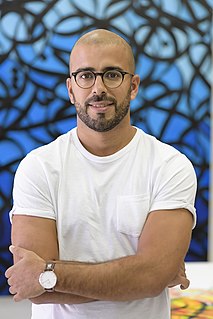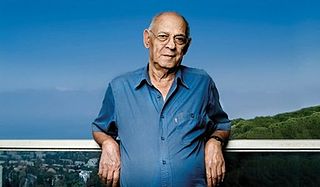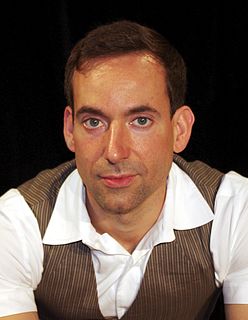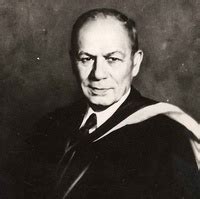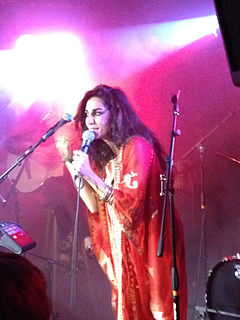A Quote by Neil Young
The Arabic states have to be integrated into the Iraqi reconstruction. We need the help of the Arabic community, which understands its culture. Americans arrive, invade, occupy.
Quote Topics
Related Quotes
I couldn't know about my culture, my history, without learning the language, so I started learning Arabic - reading, writing. I used to speak Arabic before that, but Tunisian Arabic dialect. Step by step, I discovered calligraphy. I painted before and I just brought the calligraphy into my artwork. That's how everything started. The funny thing is the fact that going back to my roots made me feel French.
During all the first part of the Middle Ages, no other people made as important a contribution to human progress as did the Arabs, if we take this term to mean all those whose mother-tongue was Arabic, and not merely those living in the Arabian peninsula. For centuries, Arabic was the language of learning, culture and intellectual progress for the whole of the civilized world with the exception of the Far East. From the IXth to the XIIth century there were more philosophical, medical, historical, religiuos, astronomical and geographical works written in Arabic than in any other human tongue.
We [ with Russel Crowe] had an Arabic coach there [ in the Body of Lies] that was really helpful, because it was more so than any accent. You have to be so exact, and there's different dialects of Arabic from country to country so it was really, really difficult to tell you the truth. And one of the hardest things I've ever had to do language-wise, because it comes from the throat. It's different. And also learning about the customs and the culture and all that, so we had advisors for that sort of thing.


